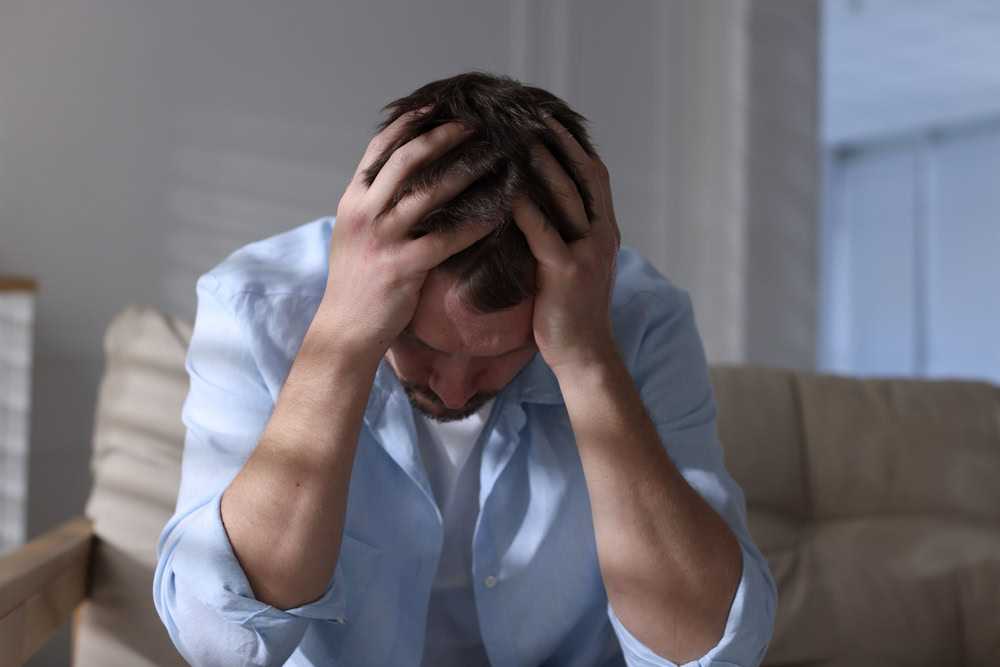Recovery during the holidays is possibly one of the most challenging times of the year. While other people are celebrating what’s considered the most wonderful time of the year, there are several triggers you might face during sober holidays, such as:
- The weather getting darker earlier
- Busy work deadlines and holiday schedules
- Difficult family get-togethers
- Painful feelings of stress or anxiety
What matters most during the holidays for those in recovery is to practice regular self-care. By consistently doing self-care techniques such as healthy eating, grounding techniques, journaling, or getting enough sleep, you can prepare yourself for the additional triggers that can be an issue during the holidays.
Drinking and Sober Holidays
For many people, holiday traditions circle around drinking, and it can be particularly difficult to maintain a recovery process during the holidays if you don’t know how to manage your emotional, physical, and mental energy.
How to cope
You need to cope the same way you would the rest of the year by prioritizing your well-being. If you are in an environment that’s going to be heavily focused on alcohol, bring a non-alcoholic beverage, like sparkling water or a mocktail, to use to celebrate and participate in toasts.
If you are nervous, invite a friend or family member you know will show their support and remain sober with you at certain events.
Here are some examples of ways to prioritize your well-being:
- Getting extra sleep, exercising more, or turning down invitations to events where you know there will be heavy drinking.
- Bringing non-alcoholic beverages to events so that you can still socialize and have something to drink but remain sober.
Pressure During Sober Holidays
Many people feel pressure during their sober holidays because there are a lot of “shoulds” that follow them around. Holidays usually have rituals, so there are expectations of things that you “should” do, like drinking in celebration with everyone at a party.
How to cope
If you are starting to feel pressure regarding your recovery during the holidays, start by applying the same coping mechanisms you would use during any other time of the year.
For example:
- You are not required to say yes to all of the events to which you receive invitations, even if those events involve family members. Prioritize time for yourself, and set boundaries to prevent things like burnout and triggers.
- When prioritizing yourself, take into consideration things like parties where you know alcohol will be served. Depending on where you are in your recovery process, you might be better served by avoiding any parties with alcohol altogether or by only participating in parties where you know the hosts, and there won’t be pressure for you to drink.
Family Events and Recovery During the Holidays
There might be certain family members who are emotionally draining or with whom you don’t get along. Maybe you don’t get along with them because you disagree politically or because they make you feel pressured or stressed. It is perfectly okay to set boundaries during your family get-togethers or to avoid them if you are not in a place in your recovery where you feel safe and comfortable.
If you choose to set boundaries with your family, let them know ahead of time that you might remove yourself from any situation or conversation where you don’t feel comfortable. It’s okay to simply say things like “No thanks” or “I am unable to engage in this conversation.”
How to cope
For example:
- Consider the relationships you have. If you have family members who weren’t particularly supportive of you when you were trying to get help, don’t let the “should” of the holiday force you into circumstances where you are surrounded by people who are triggers for you at this point in your recovery.
Get Help with Ritual Recovery
All of the best advice you can apply to navigating triggers and staying sober during the holidays applies all year long. Your holidays will become much easier if you practice self-care on a regular basis.
With Ritual Recovery, you can learn how to make a schedule ahead of time, especially during the holidays, so that you know when and where holiday engagements are taking place and have the ability to schedule extra self-care sessions beforehand, like yoga, meditation, or even talking to someone you love.There is no need to struggle with triggers and staying sober during the holidays on your own. If you need help with self-care activities and setting boundaries, reach out to professionals at our trusted North Carolina drug rehab today. We offer comprehensive substance abuse treatment and dual-diagnosis treatment in Asheville. Contact us to learn more.



